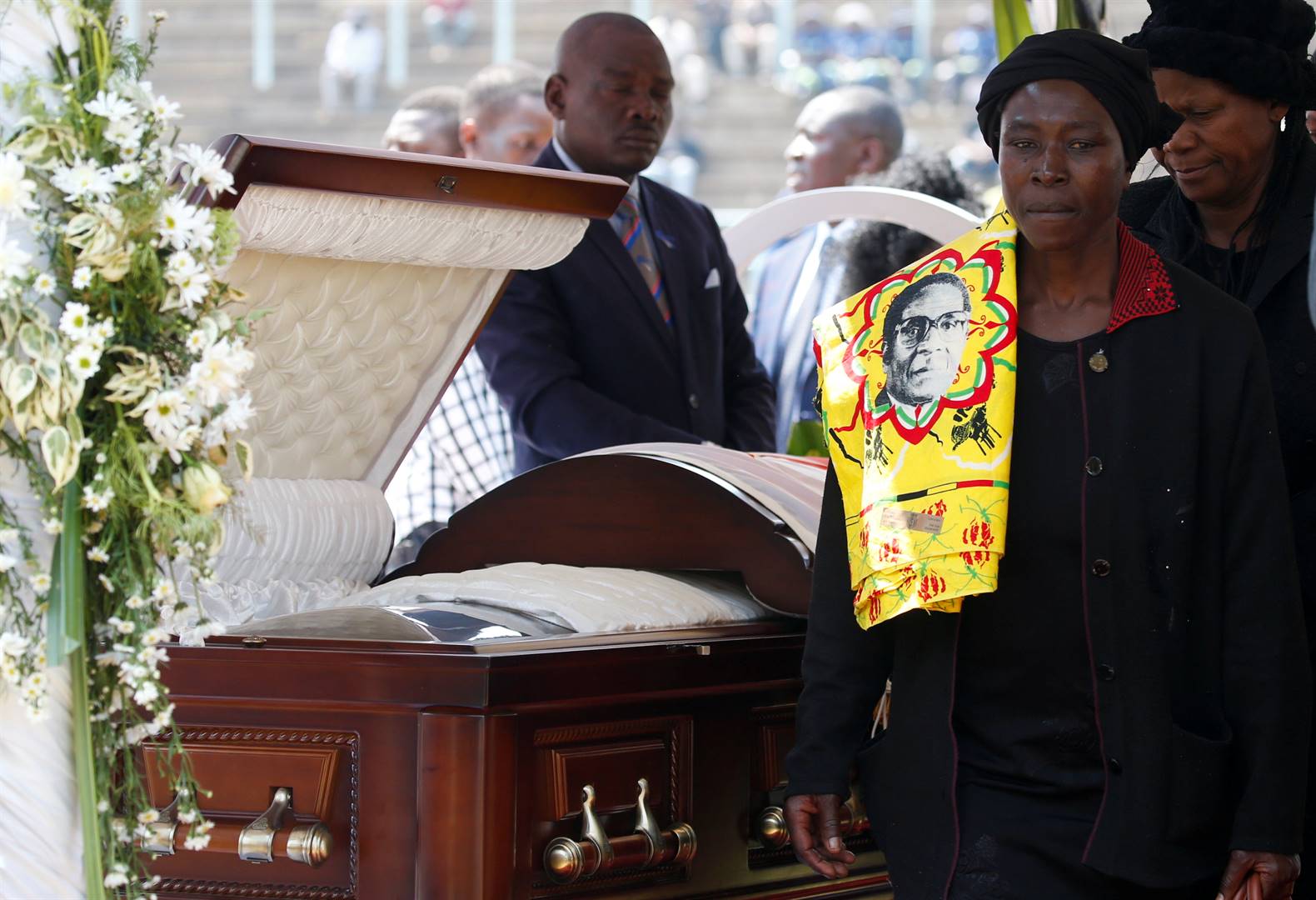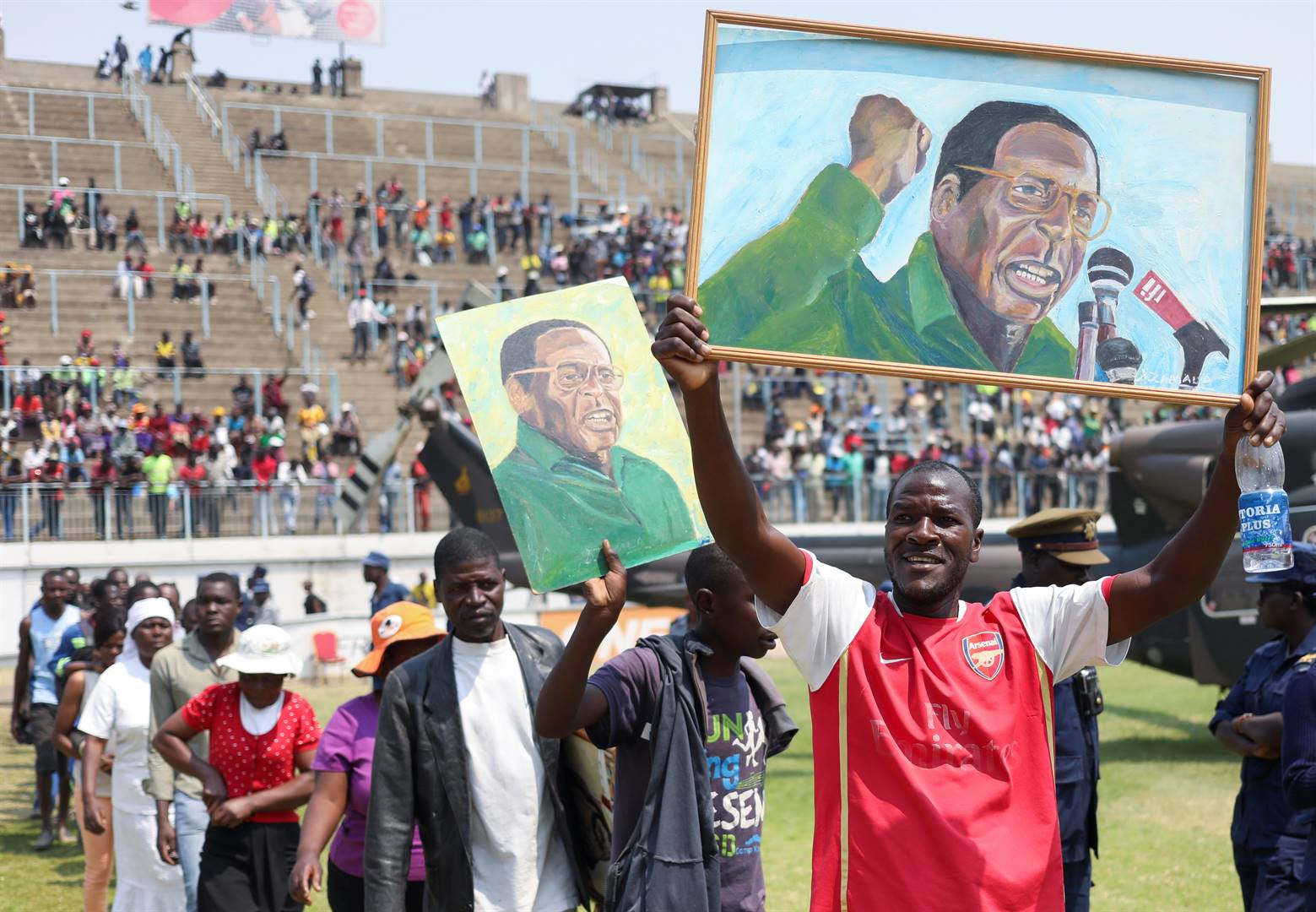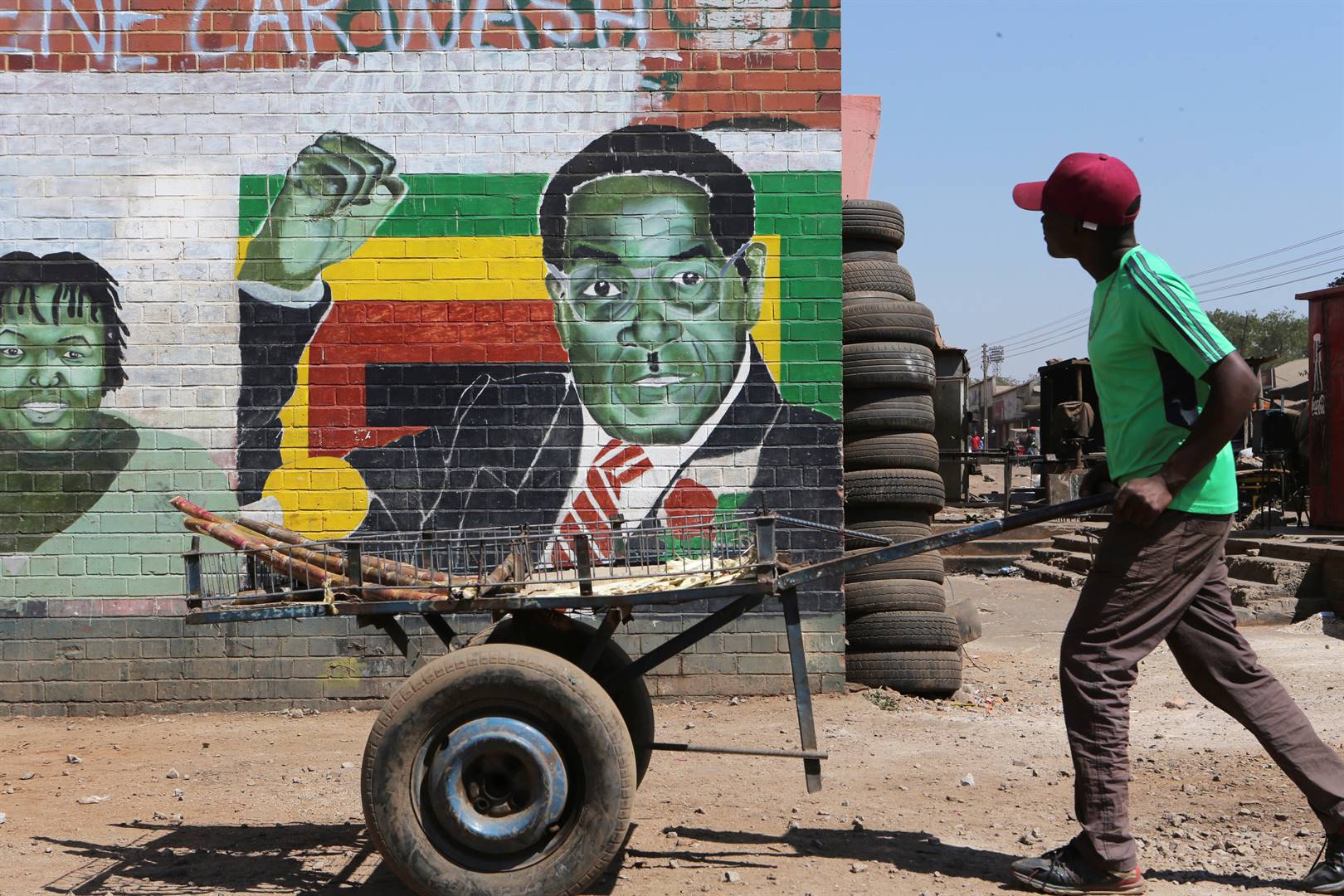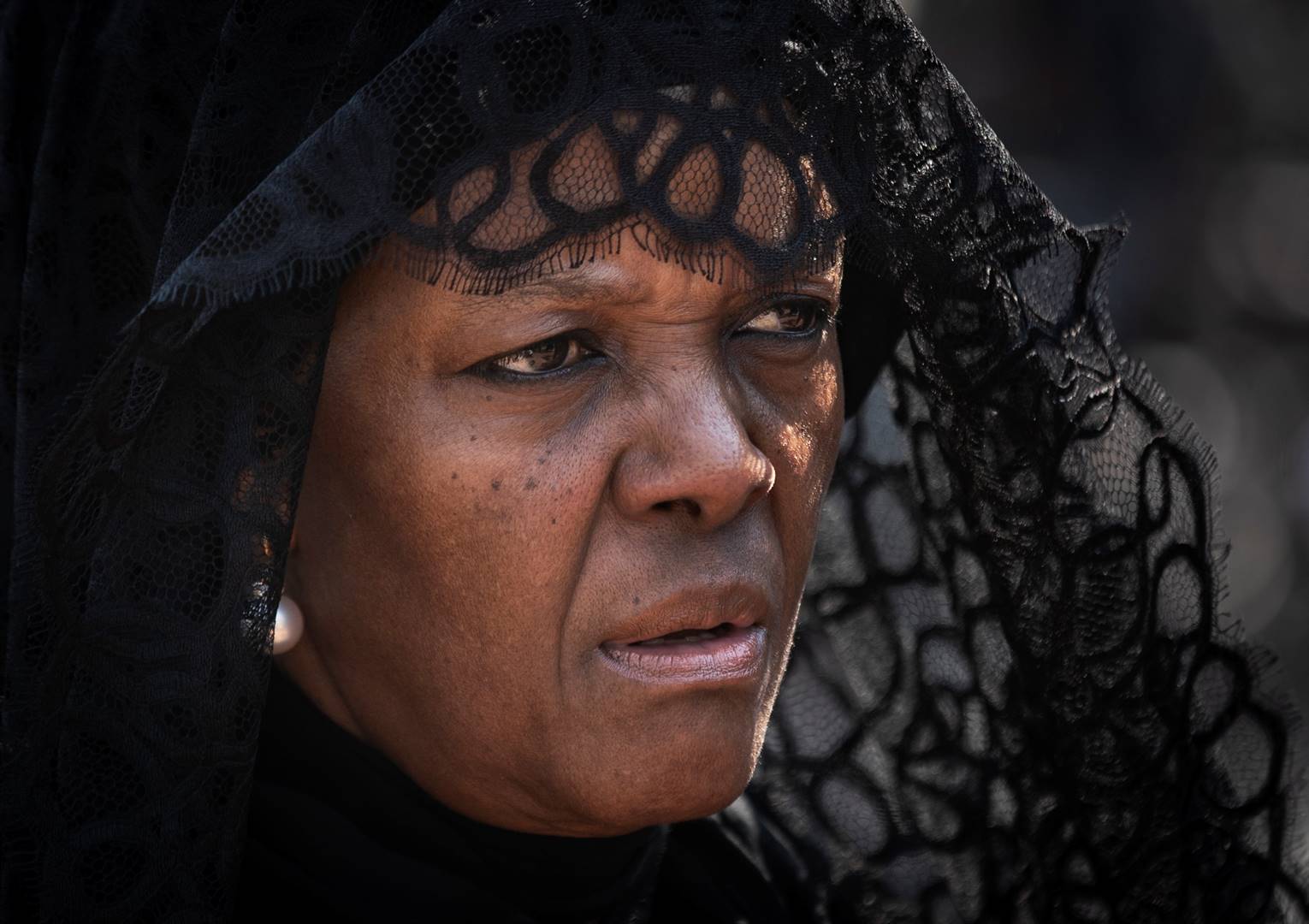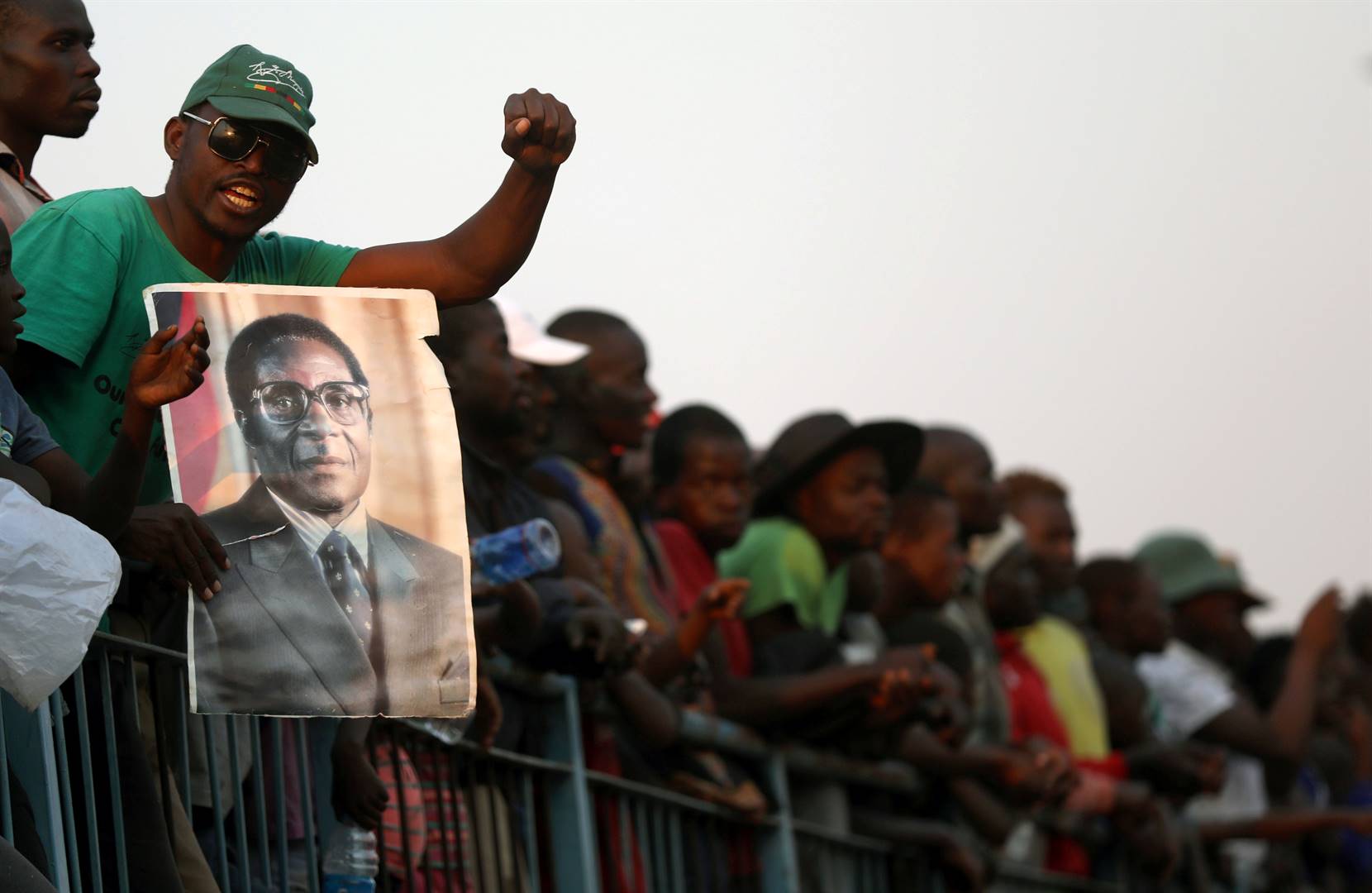
A week ago, the world woke up to the “sad” news that the former president of Zimbabwe, Robert Gabriel Mugabe, had died.
His passing evoked different emotions for different people, with some experiencing internal contradictions on how they should remember a “heroic’ villain. This was to be expected for Mugabe was a complex and enigmatic figure. For some, his death has robbed them of a hero, a relative, a comrade, a liberator and Pan-Africanist. The latter group includes many non-Zimbabwean Africans to whom his demise leaves them one advocate poorer. For those Zimbabweans who bore the brunt of his disposition to violence, oppression and cruelty from the outset such as the Ndebele speaking people of Zimbabwe, Mugabe is a narcissistic despot who brought anguish, rather than development to them.
All these emotions are genuine, but it is only the latter, upon which I would wilfully append my signature, and therefore the reason for this article.
The question of how Mugabe should be remembered is a much-contested issue, which is also a function of who is speaking and how they experienced Mugabe’s rule. In the absence of a conventional operational definition of legacy, speaking from a specific context helps one to avoid false nuances in an attempt to provide a balanced commentary.
If one considers a legacy as the culture that a leader bequeaths to fellow human beings, Mugabe’s attributes of being a pan-Africanist giant, a liberator, and conciliator are heavily diluted by the state of violence and desolation that he left behind. For those who concentrate on what he once was, notwithstanding serious omissions that attend to this very kind of analysis, miss the point of what ought to define a legacy that should be celebrated, and on the basis for which Mugabe should be remembered.
The majority of them have chosen to nuance their commentary such that Mugabe’s seemingly double legacy of being hero and villain is seen as diametrical, one evolving alongside the other.
This kind of approach, in my view is done partly in reverence of the dead, which tends to de-emphasise the defining moments of one’s true legacy. Mugabe’s death affords us the opportunity to break with this tradition that forces us to prevaricate about someone simply because they are dead.
Mugabe, a former liberation struggle participant, died at Gleneagles Hospital in Singapore. It is this very notable occurrence of him dying in a foreign hospital, where he had become a regular “medical refugee”, which epitomises the kind of leader he was, and therefore his legacy.
It is this very notable occurrence of him dying in a foreign hospital, where he had become a regular “medical refugee”, which epitomises the kind of leader he was, and therefore his legacy.
Moreover, the fact that Mugabe was a freedom fighter becomes a mockery if one considers his repressive rule which turned Zimbabwe into an abattoir of human rights.
From the outset, Mugabe showed and pursued a dream for total control and power. Through a constellation of forces and cold war politics, he managed to attain this desire. In the first decade of his rule, Zimbabwe was a de facto one-party state. This desire saw him orchestrate a programme to liquidate the Joshua Nkomo-led Zimbabwe African People’s Union (ZAPU), the only political party that posed a formidable threat to his one-party ideology. The fact that Joshua Nkomo was unequivocal in his dismissal of this system incensed Mugabe. He pursued a multi-pronged strategy, which included the vilification of Joshua Nkomo’s personality and the Ndebele speaking people (from whom Nkomo was falsely perceived to derive his only legitimacy); and attempts to physically end Nkomo’s life and that of many ZIPRA cadres, if not the entire Ndebele speaking populace.
The massacres
To achieve this, Mugabe hired North Koreans to train a special military assemblage, known as the Fifth Brigade, which was then deployed in the south-western regions of the country (beginning in February 1983) to purportedly smoke out “dissidents” that numbered less than 400.
The outcome was the wanton killing of more than 20 000 innocent Ndebele civilians, whose only “sin” was to have a different political conviction. Up to this day, no explanation, apology or reparations have been extended to families of the victims, despite almost all Zimbabweans agreeing that Gukurahundi and the brutality accompanying it was wrong.
Mugabe’s refusal to apologise defines his life-long arrogance that some of his supporters were not privy to. The Gukurahundi massacres have bequeathed to Zimbabwe’s newer generations a country blighted by ethnic tensions and antagonisms that may never end.
The collapse of the health system
With the level of power and goodwill that Mugabe enjoyed during the greater part of his presidency, one would have expected him to strengthen and consolidate Zimbabwe’s social services such as health care, water provision, infrastructure and the education system. But he failed. Thanks to his disastrous economic policies, Mugabe leaves a health system where the only medication one can get at any ordinary public hospital is paracetamol, only useful to temporarily postpone the pain. At the height of Zimbabwe’s economic collapse, hospitals had turned into death traps where ordinary people were expected to bring their own bandages and blood supplies, which they could not find locally.
The fact that he had to travel very often to Singapore for medical reasons, including the time when he was still in power, is a serious indictment on his leadership. One wonders what his health ministers were doing for the past four decades.
There is clearly something wrong with our hospitals if politicians continue to seek medical help from other countries. But again, it is self-evident why this is the case.
Zimbabwe is one of the few countries where health practitioners have on several occasions embarked on work protests, not for better remuneration, but in solidarity with patients who were victims of a collapsing system.
The habitus of elections has always given authoritarian leaders a façade of democracy and constitutionality. That is why Mugabe’s Zimbabwe claimed to be a democracy.
Though by themselves elections are not a sufficient measure for democracy, in many instances they have played a moderating role in taming the power of authoritarians.
However, this has not been the case in Zimbabwe.
Elections
During Mugabe’s rulership, there were more than ten elections, and none of them were free, fair and credible. All were replete with violence, brutality and killings.
The first round of voting, and the presidential run-off in 2008 were the worst in Zimbabwe’s history. Hundreds of opposition supporters were killed, some were left with decapitated body parts, and thousands tortured and displaced.
Mugabe was prepared to defend his political seat with all the might he could get. His refusal to step down, even when ordered to do so by his party and the pliant military during the 2017 coup, attests not only to his life-long arrogance, but also to his lack of conscience and humanity.
Morgan Tsvangirai, who together with Mugabe was a contestant in the June 2008 run-off, had to pull out of the election because of the violence that was being perpetrated against civilians by Mugabe’s quasi-state structures.
Very few Zimbabweans would disagree with the view that Mugabe stayed in power not because the majority of Zimbabweans liked him, but because he had developed a complex system of stealing elections – which depended on violence and fear. The election results in 2008, which took 35 days to announce, is a classic example.
Land: A way for Mugabe to survive politically
Very notable of what is omitted by those who admire Mugabe’s dexterity in repossessing land from adamant white Zimbabweans is that he did not do so willingly. He had been cornered by social forces, opposition parties and some within his own party, and could only instrumentalise the simmering hunger for land as a strategy to survive for another day. And he did.
Between 1993 and 1997, Mugabe faced resistance even from within his own party, in particular war veterans who had been blighted by a decade of neoliberal policies that accompanied the economic structural adjustment programmes. Thus, the land reform programme was a reactionary programme, and that explains the chaotic nature of its implementation. Even though land reform was necessary and had to be done, the one done in Zimbabwe must be understood as a reactionary programme headed by a man whose political fortunes were visibly waning, and its execution was characterised by fascist behaviour interlaced with patronage practices, resulting in those within Mugabe’s circle being proud owners of many farms and vast pieces of land, while ordinary citizens remained squashed in overcrowded and unproductive villages.
Zimbabwe’s education system has always been lauded as the finest in Africa, and Mugabe has been credited for this achievement. True to his enigmatic being, it was also during his presidency that this education system got destroyed both physically and structurally. Physically in the sense that many schools closed or toned down due to skilled teachers leaving and heading for greener pastures. Infrastructure was also allowed to decay, while resources and consumables could not be replenished, all resulting in a frail system it is now. It was destroyed structurally because there was no wherewithal nor the desire to innovate and adapt the curriculum to respond to current needs of the country.
This has resulted in the churning out of ill-equipped graduates who have had no opportunity to alloy theory and practice because there is no industry to accommodate them.
His legacy
The humiliating way in which Mugabe was forced to relinquish power in 2017 also contextualises what type of a leader he was, and the kind of legacy that he leaves behind. In history books, Mugabe will always be remembered as a president who refused to leave office until he was forced to by his own party, with the help of a partisan military. Thus, when he left office, he was not only an enemy of the opposition and the political activists that he had tortured and incarcerated, but also of his own party. The repression and violence that he had acculturated in Zimbabwe is still there and will exist for a long time. For millions of Zimbabweans, Mugabe’s legacy is that of a liberator who liberated his people in order to oppress them, a recipient of the Queen’s knighthood but pretended to hate anything British. He was an educated man who refused to learn.
• Zenzo Moyo is a researcher at the Mapungubwe Institute for Strategic Reflection (MISTRA). He writes in his personal capacity.
 | ||||||||||||||||||||||||||
Get in touchCity Press | ||||||||||||||||||||||||||
| ||||||||||||||||||||||||||
| Rise above the clutter | Choose your news | City Press in your inbox | ||||||||||||||||||||||||||
| City Press is an agenda-setting South African news brand that publishes across platforms. Its flagship print edition is distributed on a Sunday. |




 Publications
Publications
 Partners
Partners




